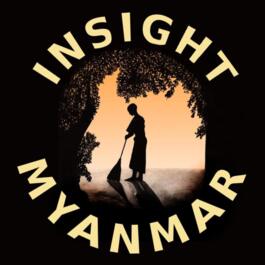
Episode #307: Ashley South's exploration of Myanmar began as a journey into the unknown. He first worked with Karen refugees in Thailand, where he struggled to deal with the many cultural and religious differences. But over time, his understanding of Myanmar was transformed, deepening his connection with the people. Traveling extensively through Kachin, Shan, and Mon states, South's insights reveal Myanmar not as a true “nation state,” but more a tapestry of distinct, ethnic identities, and a colonial creation held together by force. While advocating for the assertion of ethnic identities, he highlights the challenges of ethnic identity politics, acknowledging the risks of an exclusionary movement and intragroup conflict, like the fragmented Karen nationalist movement. For South, an inclusive, federal government is the only way forward that would prevent Myanmar from fragmenting into isolated enclaves. The impact of climate change is another key concern for South. He explains that rising temperatures, changing rainfall patterns, and extreme weather events will severely impact Myanmar, particularly its agricultural base. Coastal regions like the Irrawaddy Delta face significant risks due to rising sea levels, which could displace millions. "I don't expect the state of Myanmar to recover in my lifetime, partly for political reasons," he says soberly towards the end of the discussion. "But also [stemming from] the impacts of climate change, I think that these are going to be devastating. And so I don't expect a coherent Myanmar state to recover. I think that does have massive humanitarian implications, which will inevitably drive huge suffering and displacement, which are not things to celebrate. But also it does create a political opportunity for the reemergence of these identities and associated political spaces that have arguably really been suppressed since the emergence of the modern nation-state."
From "Insight Myanmar"


Comments
Add comment Feedback